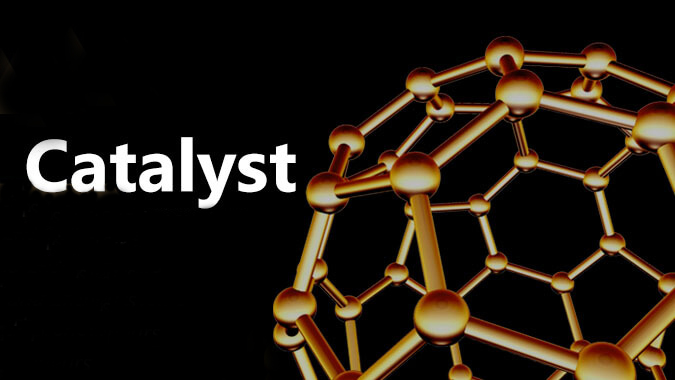
When It Comes to ESG, It’s About Action
- Published
- Nov 18, 2021
- Share
The recent EisnerAmper virtual summit, Transformation Nation: Driving Intelligent Growth, included an enlightening panel on “ESG in Action: Sustainable Impact Driving Results.” Moderated by EisnerAmper’s ESG Leader Lisë Stewart, the panel, featuring Project Destined co-founder and CEO Cedric Bobo, among others, focused on how ESG initiatives are now critical to the future of every business. The time for thinking about ESG has ended, and executives of every type of business must begin to act, not only because it is the right thing to do, but because a company’s ESG framework is becoming an essential driver of business growth and profitability.
One panelist reminded the audience that focusing on environmental issues, including climate change, must be part of every business’s strategy and risk management functions. Climate change will impact talent migration; cause weather-related business interruptions; and create volatility in the markets for debt, equities and commodities. Businesses leaders must proactively analyze and protect themselves against these risks, and they must start now.
Diversity, equity and inclusion (“DEI”) in all aspects of life has taken on a growing focus in the past two years. Cedric told the audience that we must “lead from the top.” Providing opportunities to a more diverse workforce supports both talent recruitment and retention. Project Destined partners with educational institutions and companies (full disclosure: including EisnerAmper) to deliver practical business training to a diverse group of students. Cedric’s goal is to train these students to become owners within their neighborhoods, and Project Destined now operates in more than 20 markets across the country. I was privileged to see the results firsthand when a diverse group of students from Baruch, Columbia, and Queens College prepared and presented an in-depth investment analysis of a 23-unit multifamily property in the Greenwood section of Brooklyn during EisnerAmper’s national real estate training this month. The work was first rate, with each student presenting a different portion of a very comprehensive market and property analysis. For Cedric, this type of real-life exercise best prepares and connects talent to professional growth opportunities.
Cedric stressed the importance of partnerships in ESG planning and action plans. Companies can’t do it alone and should team with peer companies, local organizations, educational institutions and nonprofits to learn how to develop and implement ESG action plans. Cedric brought up the need for success metrics when creating ESG policy and strategy. That insight transitioned to the governance part of the ESG conversation. Another panelist pointed out that central to governance is communication, education and reporting with all constituencies: clients/customers, suppliers, employees and shareholders. Communication starts with increasing the awareness of all parties to the objectives and benefits of each component of ESG. Awareness can close the gaps in strategy, risk management and talent development—particularly when seeking new talent. While most think of ESG as just responding to climate change or a given cause, ESG builds relationship capital. To attract both talent and capital, all companies must effectively communicate their ESG policies, action plans and impact metrics. Cedric also advises business leaders that to retain talent they need to build communities around their people through relationship building, training, mentoring and on-the-job support.
The emphasis on ESG action to attract and retain talent is supported by a recent EisnerAmper study on the importance of ESG to Generation Z. A survey of college students found that they are particularly concerned with diversity and inclusivity throughout an organization, a healthy company culture, and the maintenance of a sustainable and environmentally friendly standard of operation. DEI initiatives at the workplace were the most frequently cited area of importance. In thinking about a healthy culture, respondents focused on internal team building and 360-degree feedback, as well as community outreach and philanthropic efforts.
The panel discussion clearly demonstrated the importance of ESG action in everyday business and in educating the business leaders of the future. ESG is not just for large corporations; ESG strategies permeate all businesses and all communities. As the panel reminded the group, ESG can no longer be an acronym, but the way businesses, communities and individuals naturally respond to everyday challenges. And for any skeptics in the audience, Cedric was clear that “to do good is a way to do well.” Businesses can no longer profit without doing the right thing. They will not connect to the talent they need to succeed without planning for climate change, investing in their personnel and their communities, and effectively communicating their initiatives and impact. Lisë summed it up in saying that: “ESG in action can make a huge difference in people’s lives.”
Contact EisnerAmper
If you have any questions, we'd like to hear from you.
Receive the latest business insights, analysis, and perspectives from EisnerAmper professionals.










